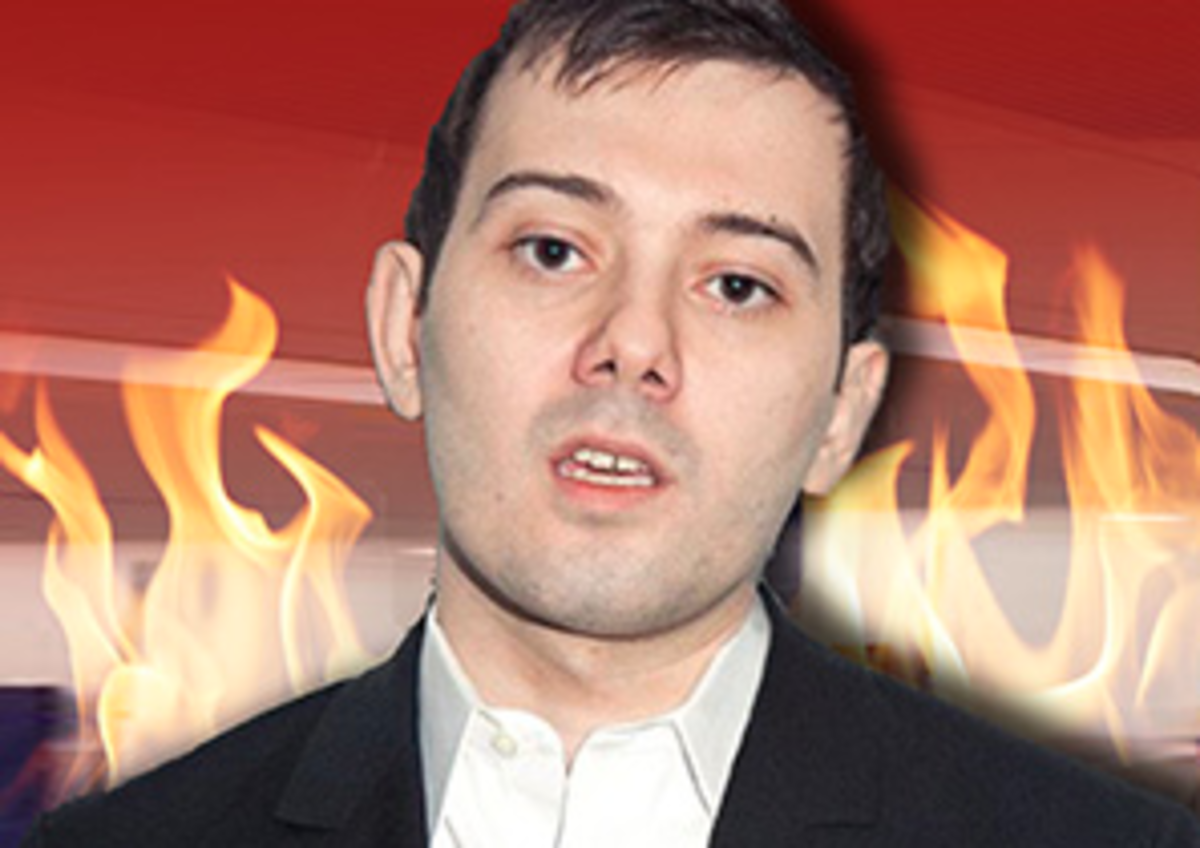Some elite Biglaw firms are known for offering market-beating bonuses for their high billers. Year after year, they prove that they’re willing to pay for the most committed legal talent by adding tens of thousands of dollars to their regular year-end bonus payouts.
One of those firms is Quinn Emanuel.
The litigation powerhouse — which came in 25th place in the most recent Am Law 100 rankings, with $1.25 billion in revenue in 2019 — just announced its 2020 year-end bonus matrix, and there are some hefty rewards in store for those who truly dedicated their lives to the firm.
Associates who billed between 2100 and 2399 hours will receive a bonus equal to the market rate introduced by Baker McKenzie and later adopted by Cravath. Big billers start raking in more cash at 2400 hours. Depending on class year, those who billed 2400 hours or more will receive up to $20,000 more than market, while those who billed 2700 hours or more will receive up to $35,000 more than market.
Check out the Quinn Emanuel matrix below:

This year, QE is offering partial bonuses to those who had hours between 2000-2099, and as usual, the firm is rounding associates up to market bonuses if they just missed the 2100 cutoff. As noted in the matrix, the firm is also offering associates the Davis Polk-inspired special bonuses that have become a 2020 market standard.
There’s just one catch, and it’s a matter of who will receive those special bonuses.
“This year many of you will also receive a special bonus,” the firm’s memo reads. (The memo is available on the next page.) Many? Why not all? And if that does mean all, why use such equivocal language that seems to add another layer of eligibility? A source from the firm has the same quibble about the firm’s phrasing:
They’ve really introduced an unnecessary ambiguity regarding the special bonuses–not befitting of a firm that makes this much money and depends so much on lateral recruits. “This year many of you will also receive an additional bonus”. That’s not a commitment of any sort.
Quinn Emanuel will be paying its bonuses sometime this week, so we suppose we’ll soon find out who exactly received special bonuses at the firm.
(Flip to the next page to see the full Quinn Emanuel bonus memo.)
Remember everyone, we depend on your tips to stay on top of important bonus updates, so when your firm matches, please text us (646-820-8477) or email us (subject line: “[Firm Name] Matches”). Please include the memo if available. You can take a photo of the memo and send it via text or email if you don’t want to forward the original PDF or Word file.
And if you’d like to sign up for ATL’s Bonus Alerts (which is the alert list we also use for salary announcements), please scroll down and enter your email address in the box below this post. If you previously signed up for the bonus alerts, you don’t need to do anything. You’ll receive an email notification within minutes of each bonus announcement that we publish. Thanks for all of your help!
 Staci Zaretsky is a senior editor at Above the Law, where she’s worked since 2011. She’d love to hear from you, so please feel free to email her with any tips, questions, comments, or critiques. You can follow her on Twitter or connect with her on LinkedIn.
Staci Zaretsky is a senior editor at Above the Law, where she’s worked since 2011. She’d love to hear from you, so please feel free to email her with any tips, questions, comments, or critiques. You can follow her on Twitter or connect with her on LinkedIn.









 Kathryn Rubino is a Senior Editor at Above the Law, and host of
Kathryn Rubino is a Senior Editor at Above the Law, and host of 
 Jordan Rothman is a partner of
Jordan Rothman is a partner of 





